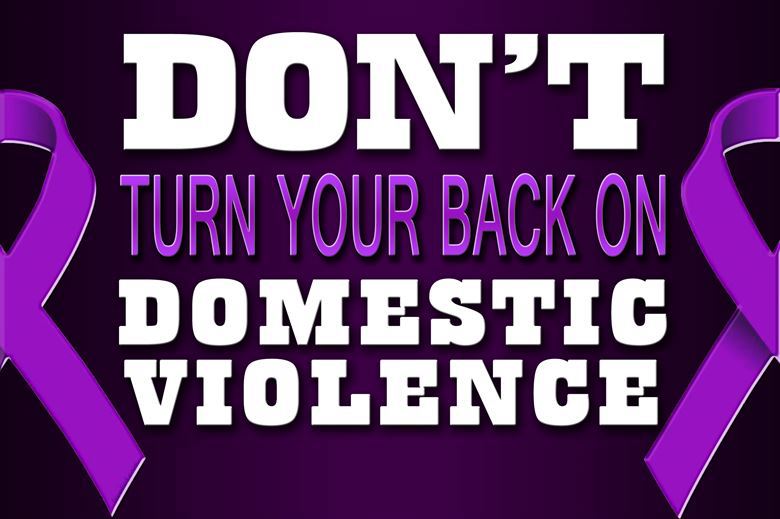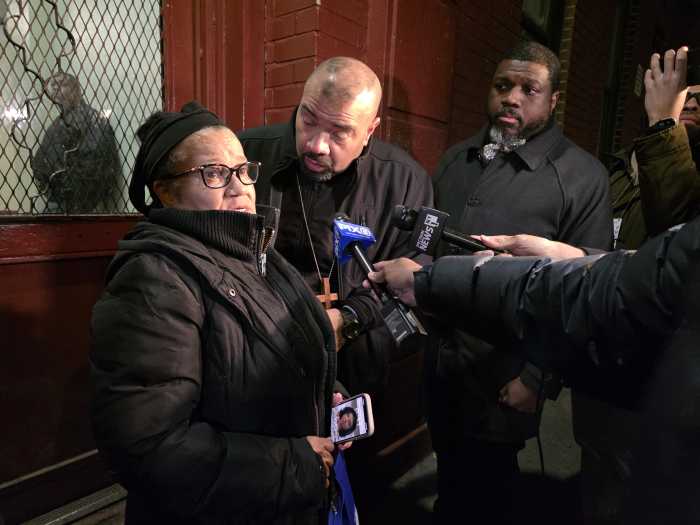City Council Member Justin Brannan (D-Bay Ridge, Dyker Heights, Bath Beach, Bensonhurst), Farah Louis (D-East Flatbush, Flatbush, Flatlands, Marine Park, Midwood) and Diana Ayala (D-Manhattan, Bronx) recently introduced INT.1975, legislation that would expand legal protections for survivors of domestic violence to include economic and financial abuse.
But at least one local non-profit that works with domestic violence victims said that while the measure is a good start, it would have been strengthened if the sponsors had spoken more with those who had boots on the ground in helping these victims.
The measure comes as abuse can take many forms. Economic abuse involves maintaining control over financial resources, preventing the victim from accessing existing funds, coerced debt, and more. Survivors of economic abuse are often forced to choose between staying in abusive relationships and poverty or even homelessness.

“This legislation adds another tool to the DV advocate’s toolbox,” said Brannan. “By codifying financial abuse into law, nonprofits who work with DV survivors will better [be] able to fight for survivors who are facing housing or employment discrimination based on credit scores or debt.”
According to the Coalition for the Homeless, domestic violence has recently surpassed eviction as the leading cause of homelessness among families in New York City. In October, Comptroller Scott Stringer released a report calling for the city and state to make further investments and policy changes to better support the growing number of survivors of domestic violence who experience homelessness.
The legislation is the first in the city to focus on the financial implications of domestic violence. While the city has some resources available to survivors of domestic violence, such as the city’s Human Resources Administration (HRA) shelter system, it is limited in its ability to actually help survivors due to inadequate space and does little to get survivors on their feet.
It is local nonprofit organizations that have been working on this issue for years. The legislation aims to support nonprofits by legally validating their efforts.
Brannan adds, “This change to the law allows a pathway by which an advocate can challenge a landlord or employer who is denying a survivor an opportunity, by allowing the advocate to demonstrate that the survivor’s financial position is due to the actions of their abuser, and to ensure that the survivor is not discriminated against because of it.”
Carol Corden, Executive Director at New Destiny Housing, one of the nonprofits working to provide housing and services to victims of domestic violence, said the legislation recognizes that financial abuse is one of the major barriers that violent survivors encounter.
“We see that in housing; people often have credit reports which indicate that they are in fact victims of abuse. They have charges on their credit report that they are not aware of, things that make them less desirable as tenants. And so being able to raise the issue of financial abuse and really create a category of people who are who aren’t protected from financial abuse is a really important first step,” said Corden.
But Corden said while the proposed law will give survivors a form of recourse when they are denied a job or housing due to a financial condition that their abuser caused, it is unclear how this legislation will help prove coercion in the first place.

Louis said economic and financial manipulation are common tools in the abuser’s arsenal.
“It’s simply another method of control. They render survivors just as helpless as any other form of abuse—without funds to support themselves, survivors remain trapped in situations that often endanger their lives. We will be one step closer to ensuring survivors of gender-based violence and abuse have all the resources they need to take a stand.”
But professionals such as Corden question the effectiveness of legislation that tackles the core issue without addressing practical implementation. Legal loopholes could potentially be addressed by the city through additional bills, she said.
“I really feel like this is one of those situations where legislation might not be the answer, but rather, you know, experts who are familiar with the situation could actually help to unlock it and get [lawmakers] to recognize different approaches to actually address it,” she said.






